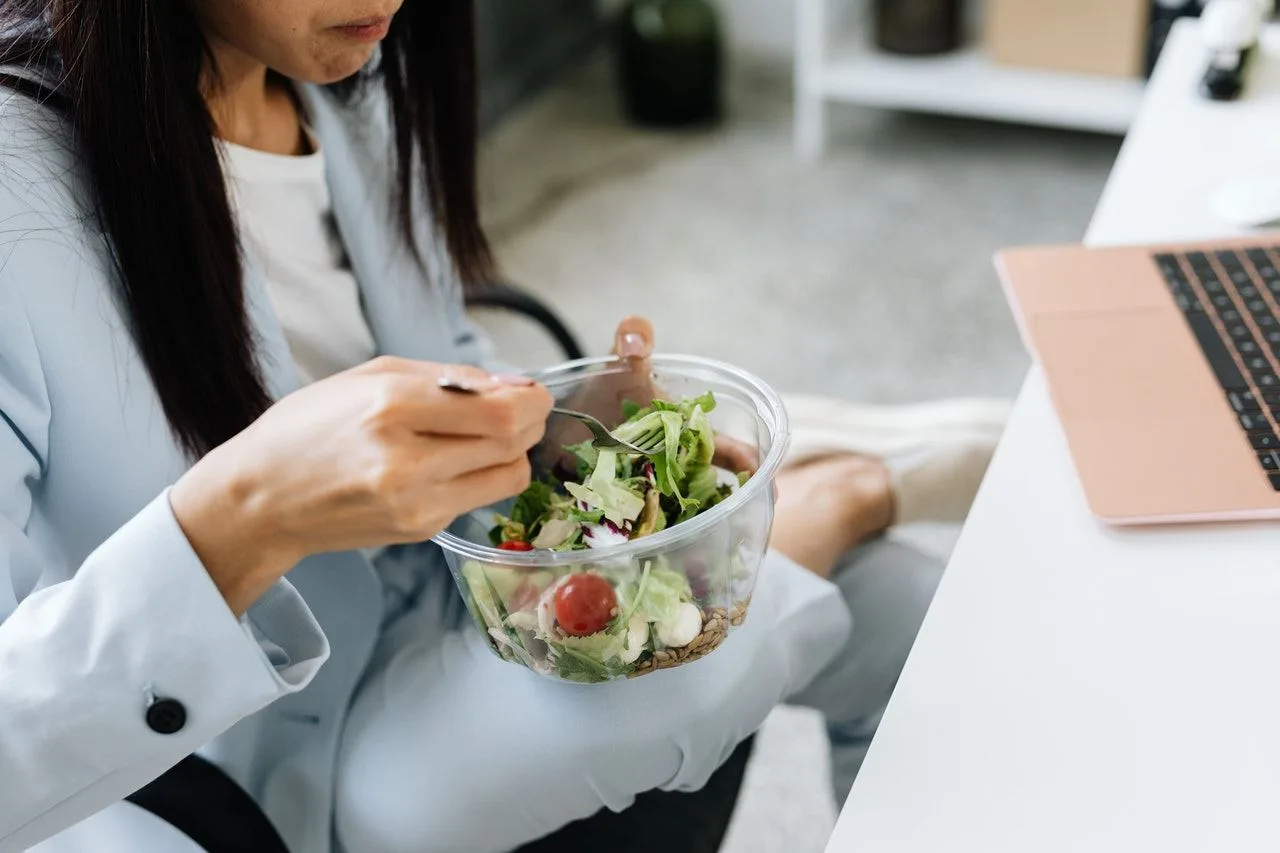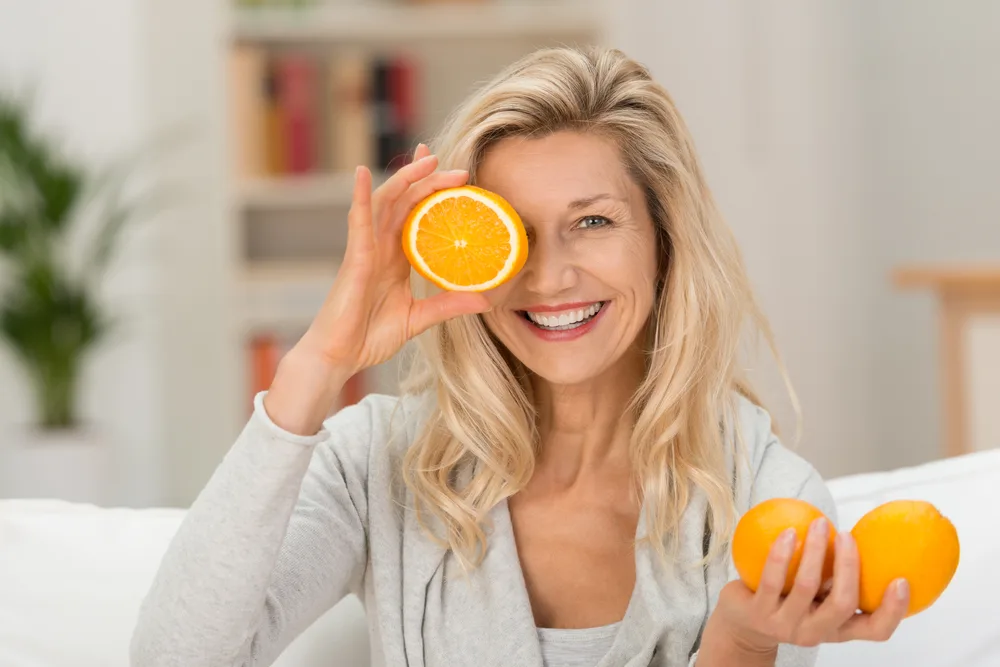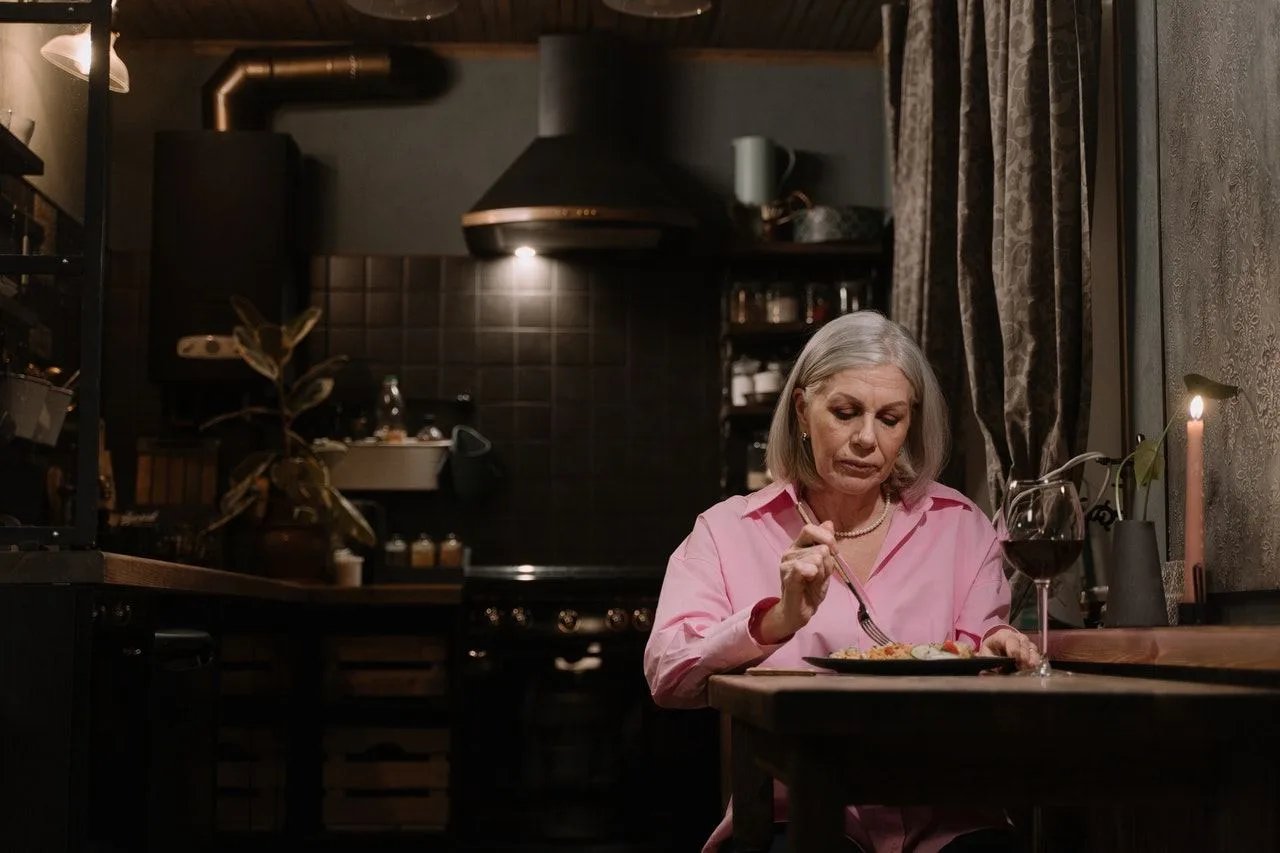There are times when I enjoy sitting down alone and indulging in a meal. There are also times when I revel in sharing a meal with friends and family. That said, a new study has come out to suggest that maybe I should do less of the former, especially if I want to protect my heart health.
Eating Alone Is Harming Your Heart
According to a new study published in Menopause, mature women who frequently eat alone may be increasing their heart health risks.
For the study, the researchers examined 590 women over age 65 and assigned them to two groups based on their eating patterns – an eating-alone group or an eating-with-others group.
Upon examination, the findings revealed that women who ate by themselves were 2.58 times more likely to have angina, which is a common symptom of coronary artery disease.
Dangers of eating alone

Photo by Karolina Grabowska from Pexels
According to the researchers, women who eat alone tend to pay less attention to nutrition labels. What’s more, they also ate less calories, fiber, sodium, potassium, and carbohydrates. It should also be mentioned that these women were more likely to be widowed, and it appears that loneliness may be contributing to their poor eating habits.
Lonely meals
The researchers found an association between a lower calorie intake among women who ate alone and a higher risk of loneliness. Therefore, if we want to address the issues that the study raised, it would be advisable to address loneliness and isolation.
Tackling loneliness
Humans are social animals. As shown by the pandemic, mature men and women rely on these social connections as the years go by. That said, it’s advisable to ensure that older people have active social lives. Whether it’s enrolling them into a group gardening class or having them take walks with a friend, research has found that regular social activities can effectively reduce loneliness and social isolation in older people (1).
In addition to improving their social life, mature women can also adopt certain strategies if they want to improve their heart health. These include quitting smoking, reducing their alcohol consumption, getting regular exercise, going for their check-ups as well as eating a healthy and balanced diet and adopting stress-relief strategies.
Want to know more?
You are what you eat, so wouldn’t you want to eat something that’ll make you feel good? How can we eat foods that will improve our mental health?

stockfour/shutterstock
References
Choi, H. G., Kim, H. J., & Kang, S. J. (2021). Association between eating alone and cardiovascular diseases in elderly women: a cross-sectional study of KNHANES 2016 data. Menopause (New York, N.Y.), 10.1097/GME.0000000000001887. Advance online publication. https://doi.org/10.1097/GME.0000000000001887
Fakoya, O.A., McCorry, N.K. & Donnelly, M. (2020). Loneliness and social isolation interventions for older adults: a scoping review of reviews. BMC Public Health 20, 129. https://doi.org/10.1186/s12889-020-8251-6





![women [longevity live]](https://longevitylive.com/wp-content/uploads/2020/01/photo-of-women-walking-down-the-street-1116984-100x100.jpg)









